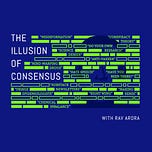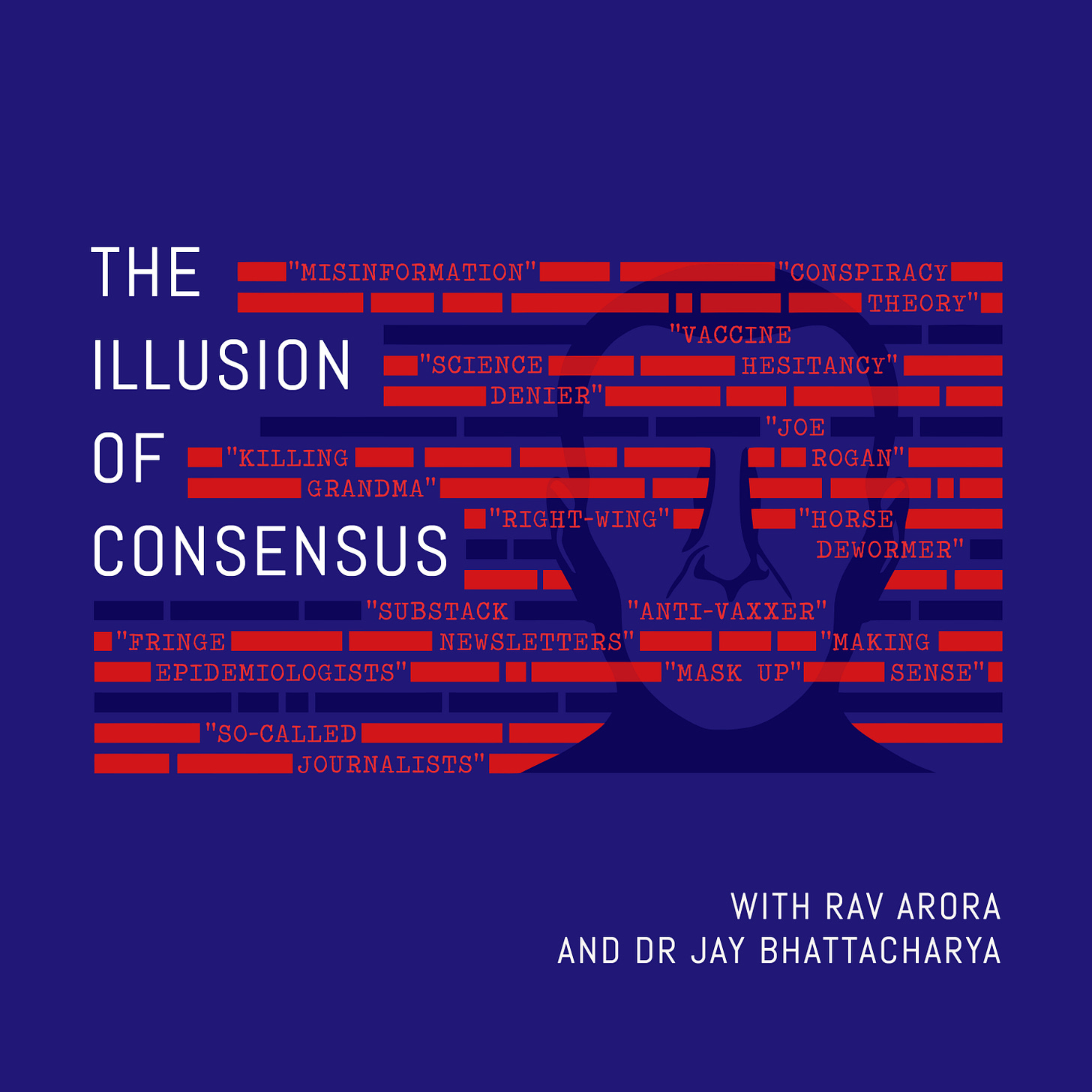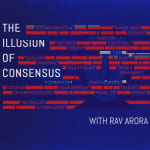Hi Illusion of Consensus readers,
Today we bring you Kevin Bass, a courageous voice in the medical Twitterverse who has stood up for the truth and faced the consequential reputational harm.
Jay, Rav, and Kevin had an illuminating discussion about the political and scientific evolution of pandemic policy over the past few years.
You can listen on Spotify, Apple, or the Substack app (note: this is our last recorded episode with subpar sound quality — we have now professionally upgraded!). Transcript highlights are available below.
— The Illusion of Consensus Team
Transcript Highlights
How Kevin evolved in his scientific perspective:
I used to be very much a zealot online and anything that wasn't a randomized control trial I thought you're not allowed to talk about because that's not completely rigorous.
It's not completely perfectly well-established but then as I became more of a scientist and started to to appreciate more of the creative, hypothetical, or plausible aspects of science and realized that many of the things that we have that are rock solid only really cover a small minority of all that can possibly be known.
There's a huge number of evidence gaps in which you do actually need evidence that isn't completely solid. I started to appreciate a lot more people who did communicate things that were just interesting — things that we should talk about, consider, include in the conversation. Just because we don't have perfect evidence about it, doesn't mean we can't talk about it. It doesn't make it misinformation and that sort of conversion really happened over the last few years.
I think I owe a lot of that to working as a basic scientist so there are arguments to be made for everything as you pointed out earlier there's arguments to be made for all sorts of different positions
And I think I came to see some of the arguments that could be made for so called weaker forms of evidence and that kind of does relate to some of this Covid discussion. That's one big way that I changed when I started to became more open minded publicly especially over the last couple of years.
Kevin explains how he changed his approach to communicating complex scientific information:
I didn't understand so we all thought that you guys needed to be shut down. I was once followed by all of the people (Covidians) who now are not happy with me today. I once retweeted them and they retweeted me.…Jen Gunter, Ryan Marino, all mutuals of mine.
And we thought that all you guys were bad and we're the good guys.
I think it was over the course of 2020 that I was 100% that way. Over the course of 2021 and 2022, I started to become more interested in how I present information that's going to be helpful to people and not talk to my own little tiny circle of elites that are all going to pat me on the back whenever I say something mean about someone like Jay.
I realized I should actually be reaching out to ordinary people and connecting to them because those are the people I want to help. I don't want to help other people who are also elites feel good. I don't want to make myself feel good — I'm here to try to make the public health better.
So I wanted to say useful things that would allow me to connect more with ordinary people rather than go into abstruse theoretical debates about science and debunking the bad guys.
Kevin discusses the backlash he faced for his views:
Most average ordinary people who are just trying to live their lives don't care about that much so I started making my own content instead of just basically criticizing what everybody else was saying.
I started to make my own content and what I found very quickly as soon as I started being the least bit critical or the least bit insightful about what the literature says, even if I was reporting facts completely honestly and transparently with all the correct caveats — saying this person cited this, this isn't necessarily my position etc — I was still attacked.
Once I started thinking intelligently and not just following the guidelines, I was criticized vigorously. Sometimes when that would happen, I would get grossly misrepresented. If I didn’t fit in that exact box, then I was going to get unfollowed, blocked, etc.
Dr. Jay responds to the criticism Kevin faced for dissenting from the establishment Covid orthodoxy:
I know (Kevin) you're subject to tremendous calumny from others who were previously in your camp and I think there's a couple of reasons to explore there.
One is that when you have a movement that's not really rooted in truth it's instead rooted in a kind of tribalism. You're criticizing data and they're giving you dogma.
And then when you say no to it and move away, you're going to get grief from a lot of people that are in that movement because they view you as a traitor. I think there's some element of that that led to this. The other thing is the authenticity of what you've said came through because you cared what was true. That was the primary reason — I mean you didn't need to apologize to me or anyone else frankly but it was motivated by wanting to say,
“Okay what is true? What does the scientific data actually say about these incredibly important topics?”
Even if you're naming yourself a scientist you're going to have a really negative reaction to someone who writes a piece like what you wrote and you could just ignore it. But you really can't because what you wrote Kevin was a direct critique of this. I just call it what it is: the faith of people who had signed on to all the lockdowns ideas. We call them Covidians — you were criticizing a religious movement and for the ways that they marginalized and harassed and mistreated other people.















